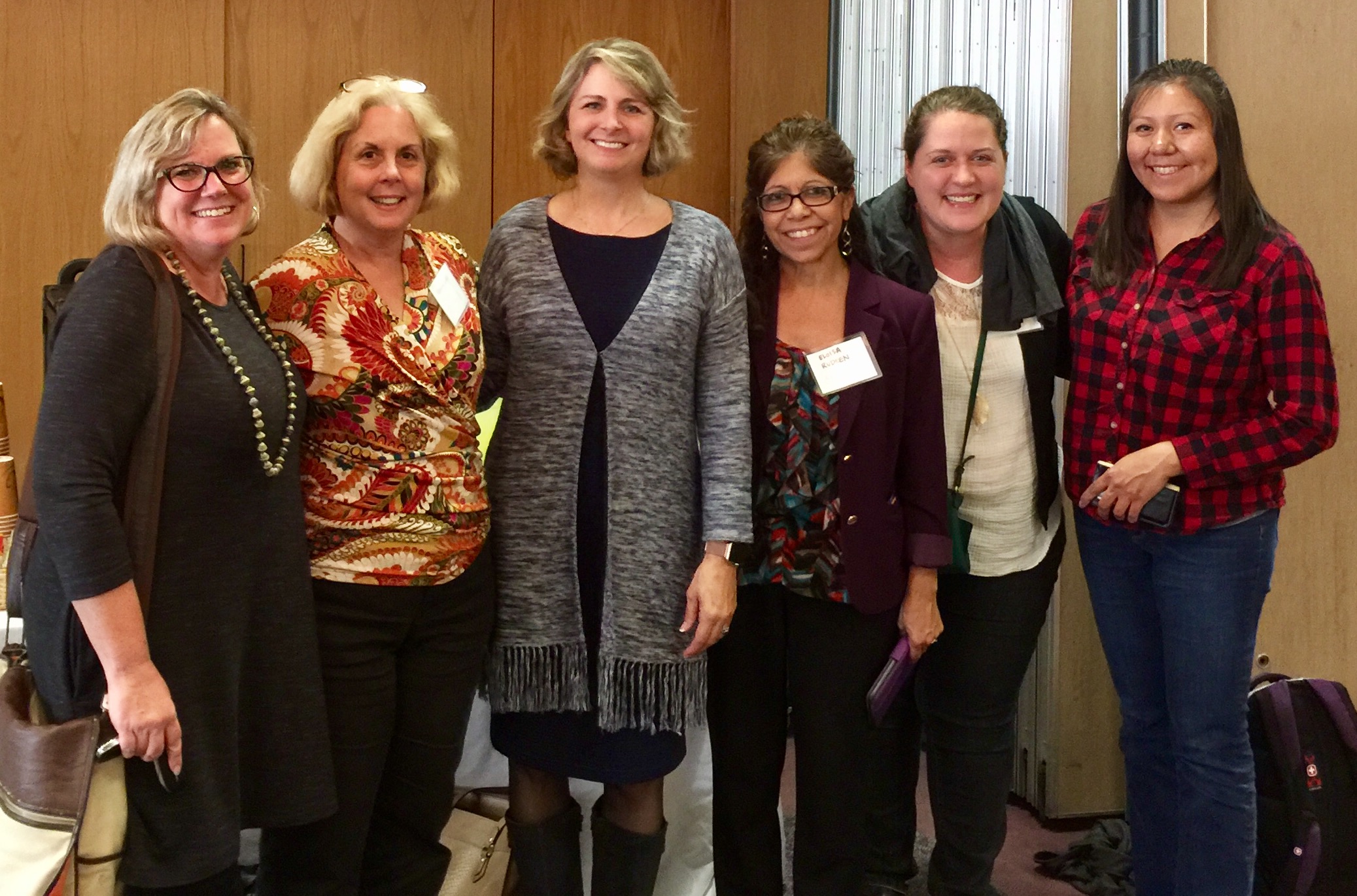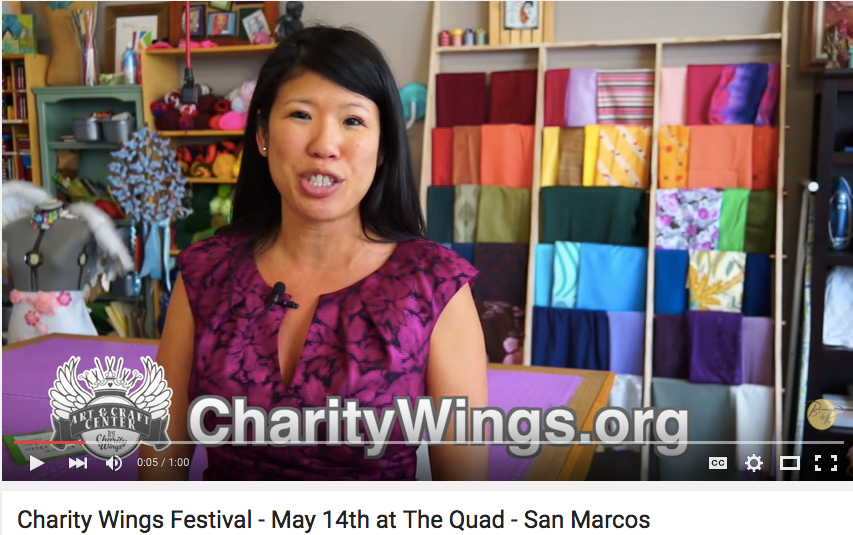We hear the term “peace on earth” when the Christmas season comes around but is there peace on earth? Did Jesus’ birth bring peace on earth?
Even though I have been divorced for many years, I attended a Divorce Care class in August. My friend has been a facilitator for this same program for 13 seasons. She literally told me that she believes so strongly in the principles and healing process of the Divorce Care classes that she thinks everyone should get divorced to learn these key concepts of goal setting and self awareness. Because her enthusiasm was so strong, I enrolled. The class was not as life changing as she described but I did find “peace”through the mutual sharing of all attending. The one common comment shared was how difficult the holidays become because of the divorce. Torn families and hurts rise to the surface again. It is during the holidays that we remember hard times, like the loss of loved ones and divorce. These holidays become markers of remembrance, stirring up old wounds that have not healed well. If Jesus’ birth brings peace on earth, then why do we hurt so greatly during this holiday?
The Bible verse states, “on earth, peace to those on whom His favor rests.” So, the term peace on earth is not tangible to all but to those whom God’s favor rests. That rest is found through believing Jesus came to earth born of a virgin, lived a sinless life, died a horrific death and was resurrected from the dead. Jesus’ resurrection life brings peace to the hearts of those who believe in Him. Jesus did not come to this earth to establish a peaceful rule between humankind. He came to earth to establish the Kingdom of God, where Jesus is the King of that Kingdom. King of kings and Lord of lords: Jesus or Emmanuel (God with us) came and dwelt with us so we can dwell with Him for eternity.
Upon Jesus’ resurrection, He manifested Himself to His disciples in a locked upper room. Upon His entrance in the upper room, Jesus said to his beloved disciples, “Peace be with you.” There He stood, Perfect Peace. Jesus’ resurrection brought us peace with His Father, who became our Father through Jesus’ obedience. Prior to Jesus’ death, Jesus stated, “I have told you these things, so that in Me you may have peace. In this world you will have trouble. But take heart! I have overcome the world.” (John 16:33)
Peace reigns in our hearts when we know Jesus; His peace rules in our hearts, not necessarily in our circumstances. Matter of fact, we find His peace in the midst of horrific circumstances. That is a peace that surpasses this world. Trouble comes with the world and the holidays are of the world. But Jesus has overcome the world. His Kingdom is not of this world but an eternal Kingdom. His Kingdom begins on earth and we grow with spiritual eyes to understand the meaning of living according to the ways of Jesus.
Yes, Perfect Peace came to earth as a baby. We celebrate the holiday of Christmas in remembrance of Jesus’ birth. The angels declared His birth in Bethlehem and today, shopping malls and television commercials are still proclaiming Jesus’ birth. We hang lights on our trees (and houses) to remind us that the Light came into the world. His light dispels darkness and is shinning His peace within our hearts. Take heart during this season. Say quick prayers for God’s peace to get you through your days. And don’t forget to remind yourself that Jesus’ perfect peace is not reflected through man made presents but through His reigning presence in our hearts.
Merry Christmas! Joy to the World for the Lord Jesus has come.
By the way, I was asked to be a Divorce Care Facilitator for the next session. The answer was “yes.”








